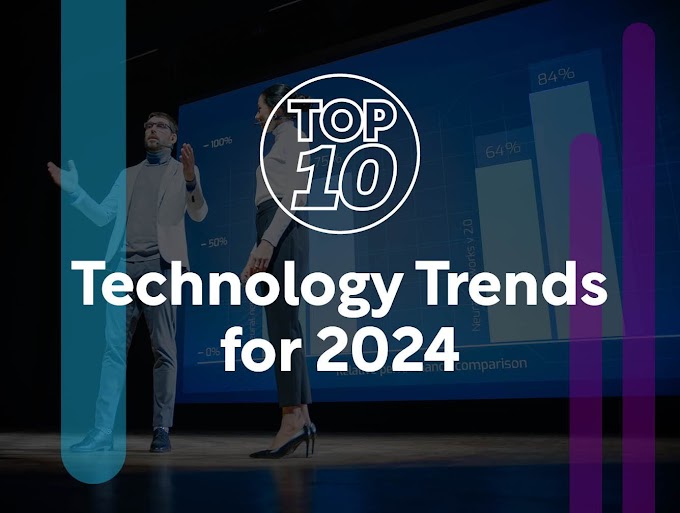Welcome to the era of the Internet of Things (IoT), where interconnected devices
and smart technology are revolutionising the way we live and work. In recent years,
IoT has emerged as a game-changer in various industries, and engineering practices
are no exception. From enhancing efficiency to improving safety and enabling
automation, IoT is transforming the field of engineering in remarkable ways.

Unleashing Efficiency:
Imagine a world where machines communicate with each other, optimising their
performance and minimising downtime. With IoT, this vision becomes a reality.
Engineers can now connect industrial machinery, tools, and equipment to a network,
gathering real-time data and insights. This enables predictive maintenance,
identifying potential issues before they escalate, and ensuring uninterrupted
operations. Thanks to IoT, engineers can now proactively address problems and
optimise processes, leading to increased efficiency and cost savings.
Improving Safety:
Safety has always been a top priority for engineers, and IoT technology is taking it to
new heights. Through sensor integration, engineers can monitor various parameters
like temperature, pressure, and vibration levels in real-time. This allows them to
detect anomalies, identify potential hazards, and take immediate corrective actions.
Furthermore, wearable devices equipped with IoT capabilities provide engineers with
vital information about their health and well-being, reducing the risk of accidents
and injuries on the job.
Enabling Automation:
Automation has long been a cornerstone of engineering practices, and IoT is fueling
its growth even further. With IoT, engineers can connect and control multiple
devices simultaneously, creating a seamless ecosystem. This connectivity allows for
automated workflows, where tasks are executed with precision and minimal human
intervention. Engineers can remotely monitor and control systems, adjust settings,
and analyse data, all from a centralised platform. The result is increased productivity,
reduced human error, and the ability to focus on complex problem-solving.
Driving Innovation:
The fusion of IoT and engineering practices is a catalyst for innovation. Engineers
now have access to a vast amount of data generated by IoT devices, enabling them to
gain valuable insights and make data-driven decisions. This wealth of information
opens up new avenues for research and development, leading to the creation of
groundbreaking technologies and solutions. From smart cities to renewable energy
systems, IoT is propelling engineering into a future of endless possibilities.
The Internet of Things has transformed engineering practices in ways we could only
dream of a few decades ago. By leveraging the power of interconnected devices,
engineers can achieve unprecedented levels of efficiency, safety, and automation. IoT
has become an indispensable tool in the engineer's arsenal, revolutionising industries
and pushing the boundaries of innovation. As we embrace this technological
revolution, one thing is certain: the Internet of Things will continue to shape and
transform the world of engineering for years to come. So let's embrace the IoT wave
and embark on an exciting journey of technological advancements and endless
possibilities!
If you enjoyed this blog, then share it with your friends. To know more, follow the
below links:
Facebook - https://www.facebook.com/AVCOEngg
Instagram - https://instagram.com/avcoeofficial
LinkedIn - https://www.linkedin.com/showcase/alumni---avcoe
Twitter - https://twitter.com/AmrutvahiniE



0 Comments